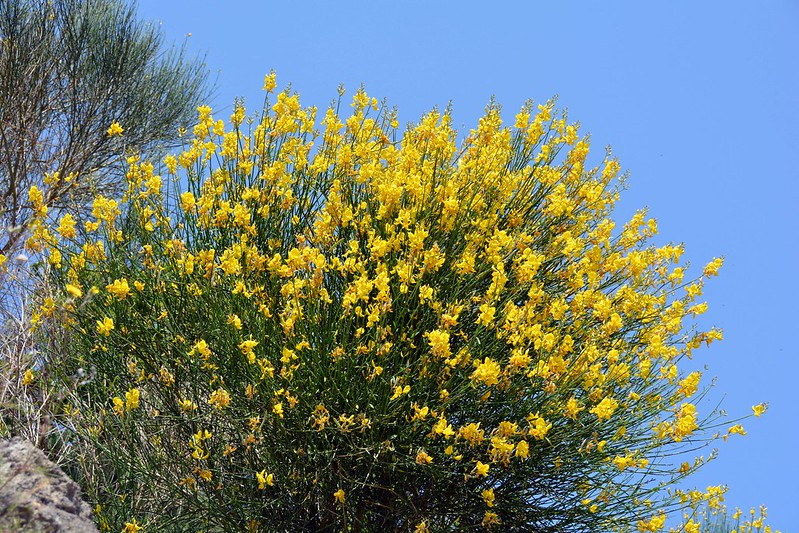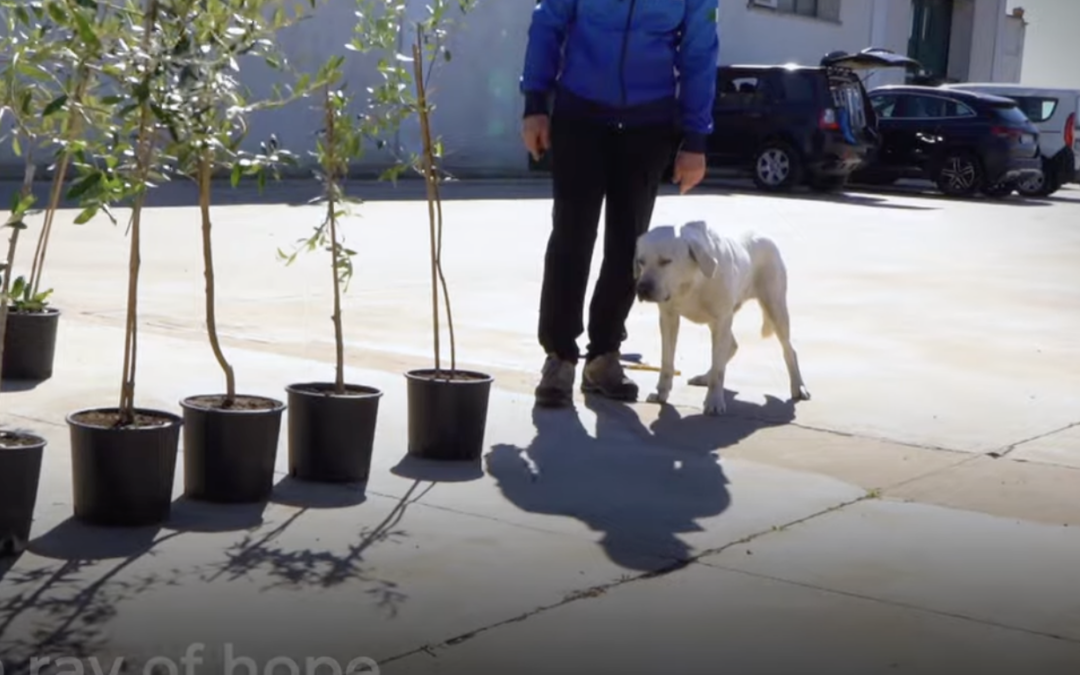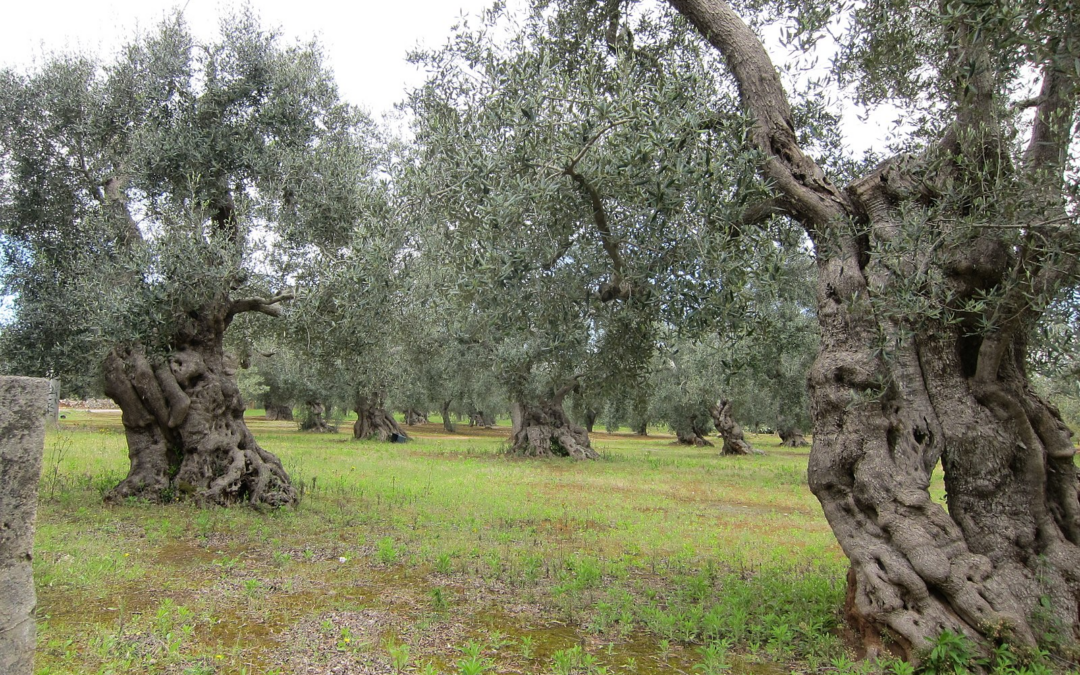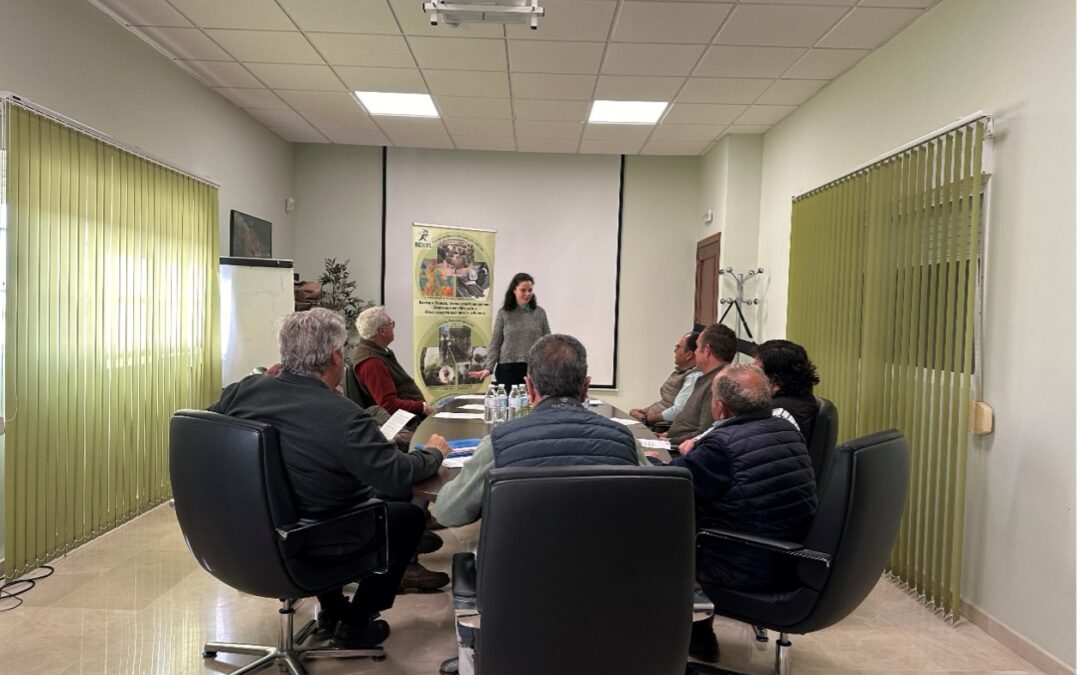Researchers say that increasing the Xylella fastidiosa vector removal rate while lowering the number of annual newborn vectors can be an effective strategy for the most severe Xf outbreaks in the EU. In the recently published paper A compartmental model for Xylella fastidiosa diseases with explicit vector seasonal dynamics, scientists build a model accounting for the main epidemiological processes – including the seasonal dynamics of the Xf vector Philaenus spumarius – of the two most worrying EU Xylella fastidiosa outbreaks, related to the olive quick disease syndrome in Apulia, Italy, and the almond leaf scorch disease in Mallorca, Spain.
The model is effective in reproducing the general field data in both outbreaks. Using it, the paper’s authors found that vector-plant and plant-vector transmission rates, together with the vector removal rate, were the most influential parameters in determining the time of the peak in infection and incidence, and the final number of dead host plants.
Researchers also used the model to check different vector-based control strategies, showing that a joint system focused on increasing the rate of vector removal while lowering the number of annual newborn vectors is optimal for disease control.








